Why user research panels matter - Part One
Why user research panels matter - Part One
Sophie Werkshagen shares her experiences of managing a participant panel for a government service, reflecting on why user research panels - and the people who maintain them - matter. In Defra we design and deliver services that support farming, food …
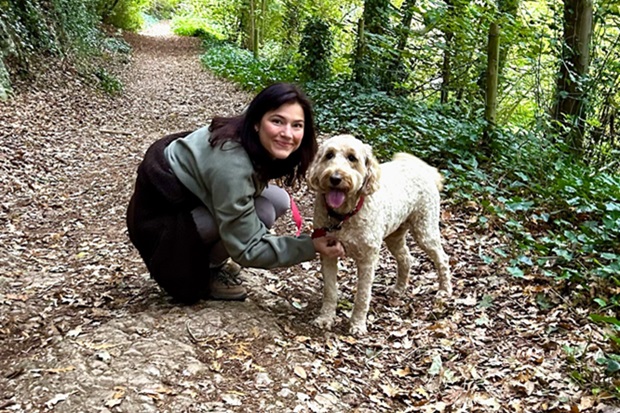
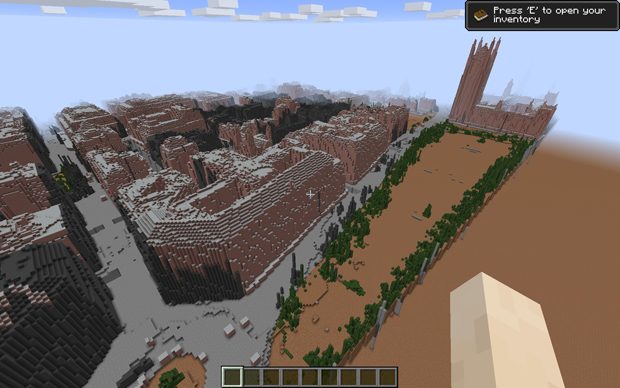
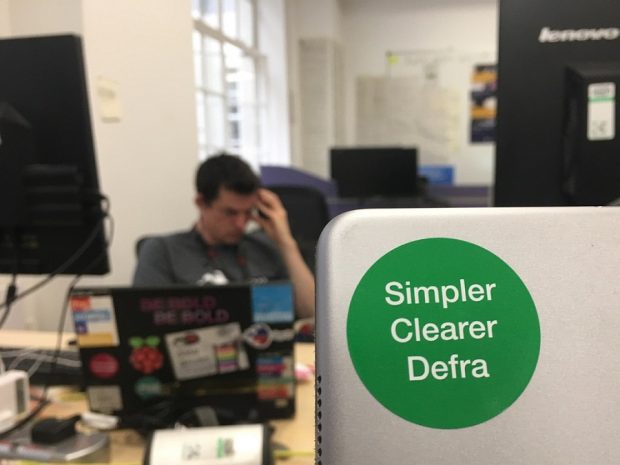

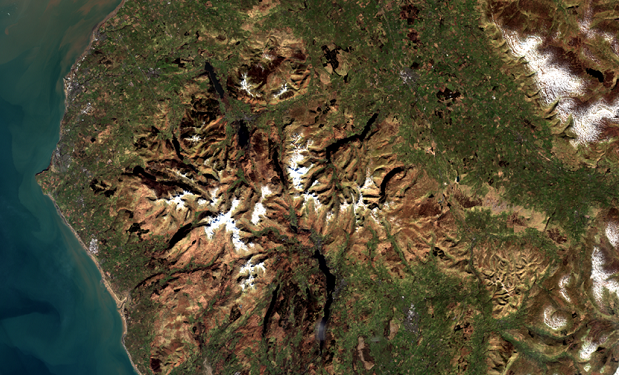
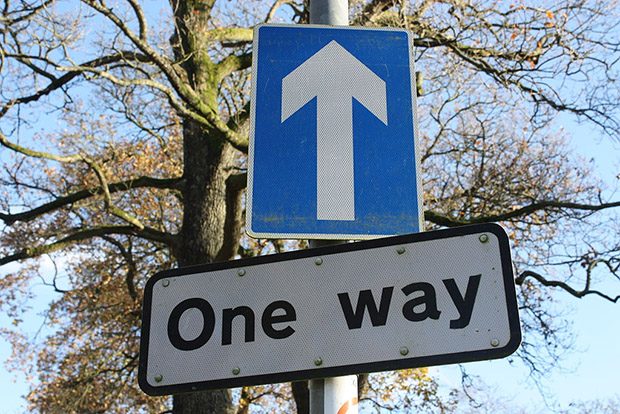
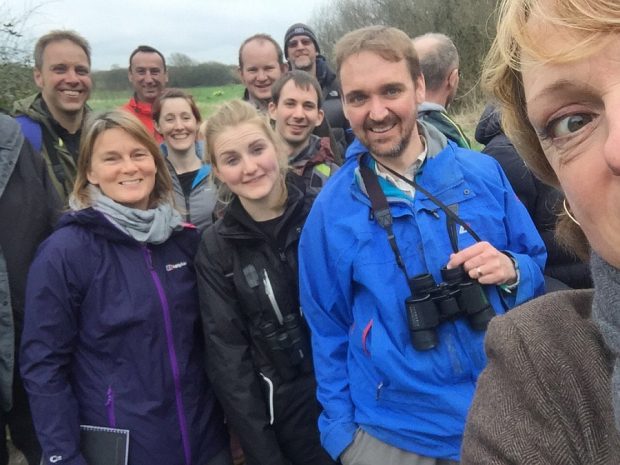
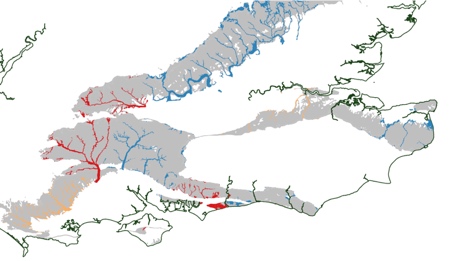
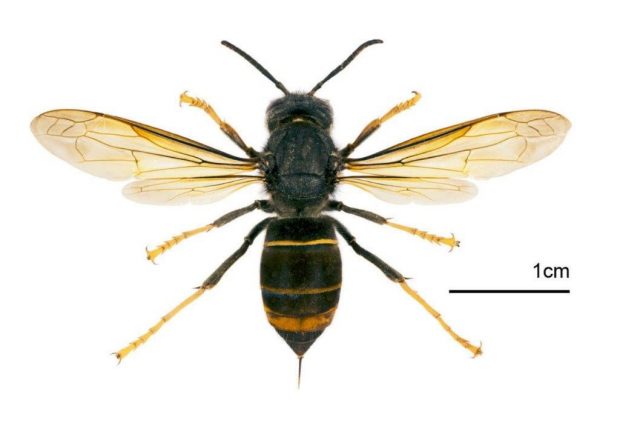
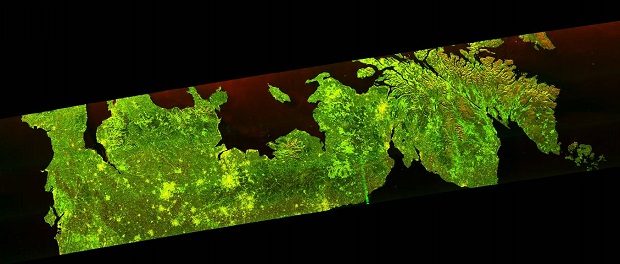
Recent Comments